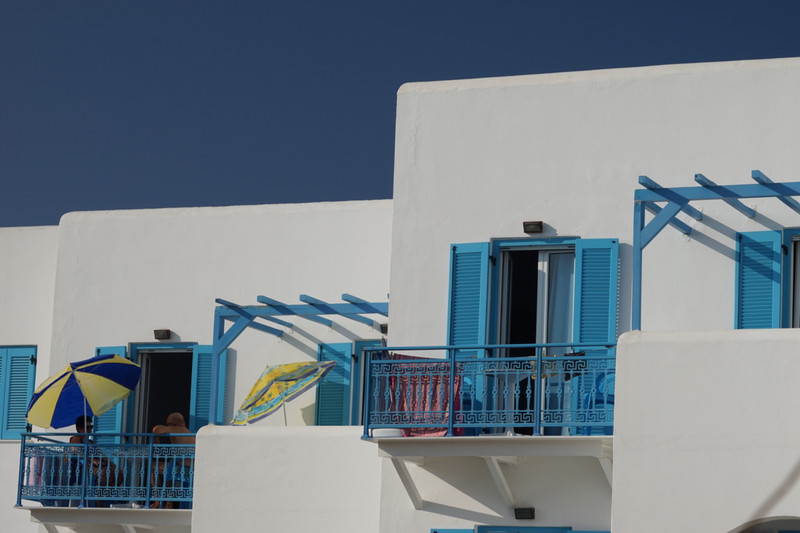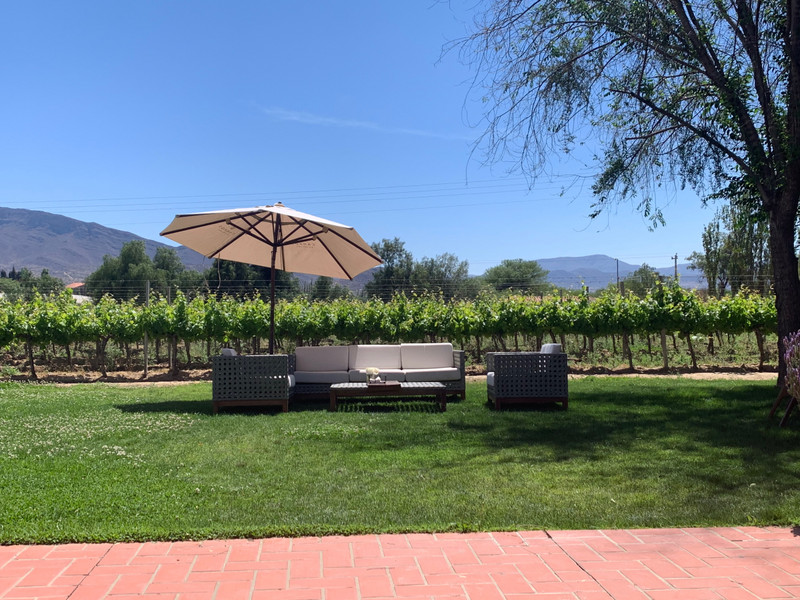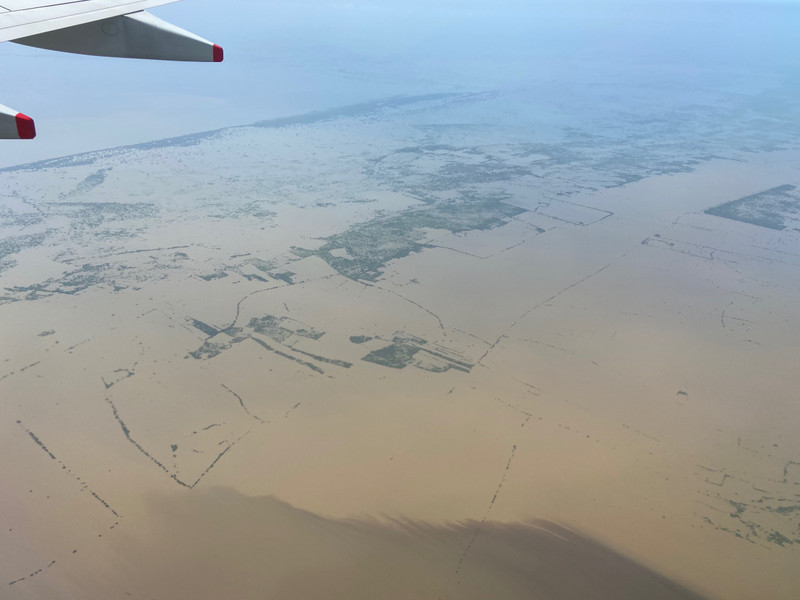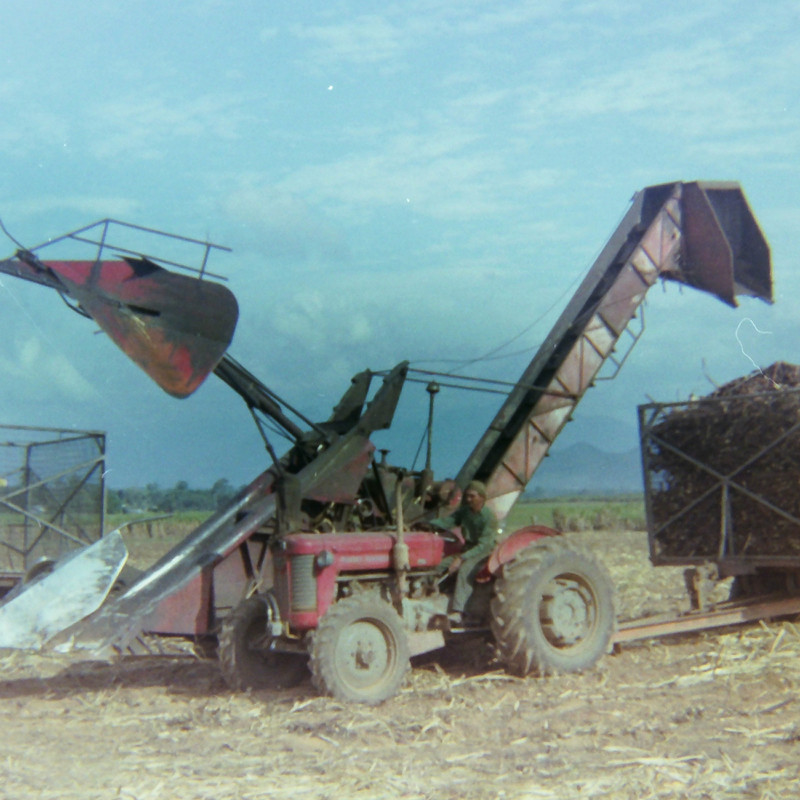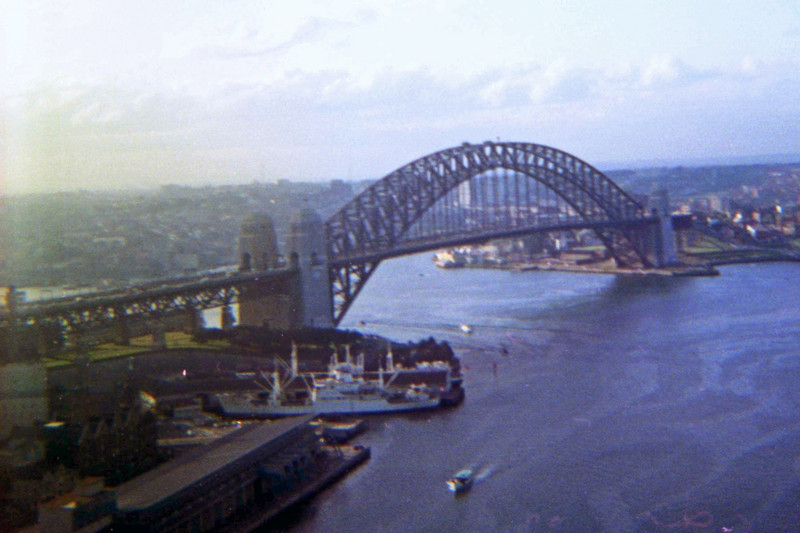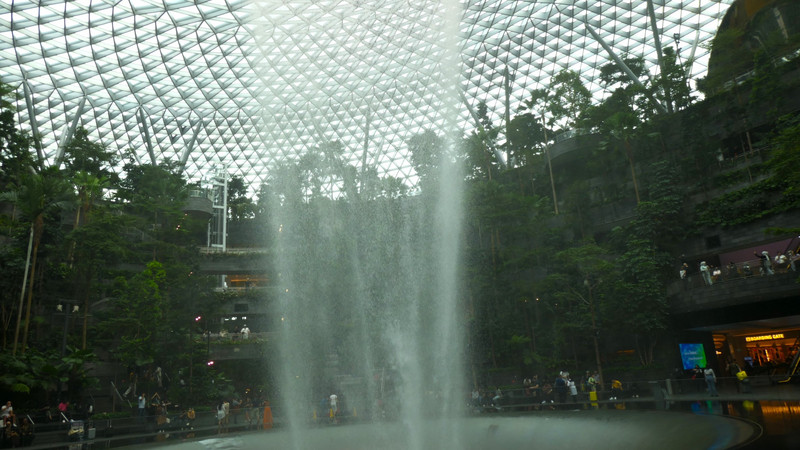It was a big day yesterday so were a bit slow off the mark this morning. We spend the day doing very little other than lying by the pool and on the beach, so I take the opportunity to read up a bit more about Naxos.
Greek mythology has it that Zeus, the father of the gods, was raised here on Naxos. In the real world the ever reliable Wikipedia tells us that theres evidence of neanderthal activity here from as early as 200,000 years ago. From the seventh and eighth centuries BC Naxos activity in the Cyclades, and was described by one sixth century BC historian as being the most prosperous of all the Greek islands. Like much of this part of the world it eventually came under Byzantine rule, and then in 1205 it was conquered by the Venetians. Venetian rule lasted until 1566 when the Ottomans took over, although it seems this was a bit of a token exercise and very few Turks ever settled here. It finally became a member of the Greek state in 1832.
high enough to trap clouds and thus generate rainfall. It is generally regarded as the only Cycladic island thats capable of being self sufficient for food.
Every time to Greece weve noticed that a large number of houses here seem to have reinforcing bars sticking out of their roofs. At first we thought these might have been TV aerials, but perhaps we should have realised that most houses dont need forty of these to get good reception, one should be enough, and if its not, putting in thirty nine others of exactly the same type and height probably isnt going to help too much. Now Im not sure if this is true but someone once told me that the reason for the bars is to demonstrate that your house isnt finished. It seems that the Greek authorities require you to pay some sort of tax when you do finish your building, so how do you get around this, well you make sure its never finished, forever if need be. And how do you demonstrate this, well you leave reinforcing bars sticking out of the roof
for when you eventually get around to adding the final storey, even if youve never got the slightest intention of ever actually doing so. Between this and a generous pension for all Greeks when they retire at 45 (well somebody told me that was the system) no wonder the Greek government ran out of money a few years back.
And on a subject thats giving both of us sleepless nights. The sand on our beach isnt really all that sandy; its quite hard, and the youngsters with their buckets and spades seem to have to work quite hard to prise it loose so they can create holes and build sand castles. Its the holes that worry us; there are lots of them, and some of them are quite deep. We went for a stroll after dinner last night, and I think I nearly lost Issy down one at one stage. So the question is whether along each night and fills them in to reduce the danger. We know that all the restaurant owners rake the sand in front of their establishments every day, but what about the holes. You wouldnt think it would be in their best
interests to lose any potential patrons as they were in, but most of the tables seem to be full most nights anyway so maybe that doesnt bother them. The only option to solve the mystery would then seem to be to dig a distinctively shaped hole, back the next day to see whether its still there. At least now I dont need to worry about what were going to do tomorrow.
